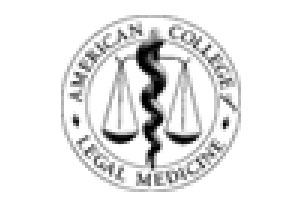A recent study indicates that a case of jaundice in full term newborns is an indicator of a higher possibility of psychological disorders such as autism. The study shows that babies born at term with jaundice were 56% more likely to be diagnosed with autism that those who did not experience jaundice.
The following observations were noted in the course of the study.
· Jaundice was found more often in boys, preterm infants, low birth weight babies and babies with congenital malformations.
· Oddly babies born between October and March were 97% more likely to develop autism than babies born in the other months.
· Mothers who had already had a child had a 129% more likely chance to have an autistic child.
This has led the researchers to believe that the reason why babies born in the winter were more prone to jaundice was that they were exposed to less sunlight which helps break down the bilirubin that causes jaundice.
The mothers who had already given birth to healthy child were often sent home early after birthing the second child and sis not receive the timely health care that would treat the jaundice and avoid brain injury from bilirubin.
It is suspected that the leading cause of high levels of bilirubin in newborns is a vitamin D deficiency. Exposure to sunlight has been known to help resolve jaundice, and exposure to sunlight leads to the production of Vitamin D.
Due to the results of this study it is advised that pregnant women adjust their lifestyle and diet to produce more Vitamin D, through exposure to sunlight, introduction of fish and other Vitamin D rich foods and even taking a Vitamin D supplement. These small steps can help save your child from developing autism.













